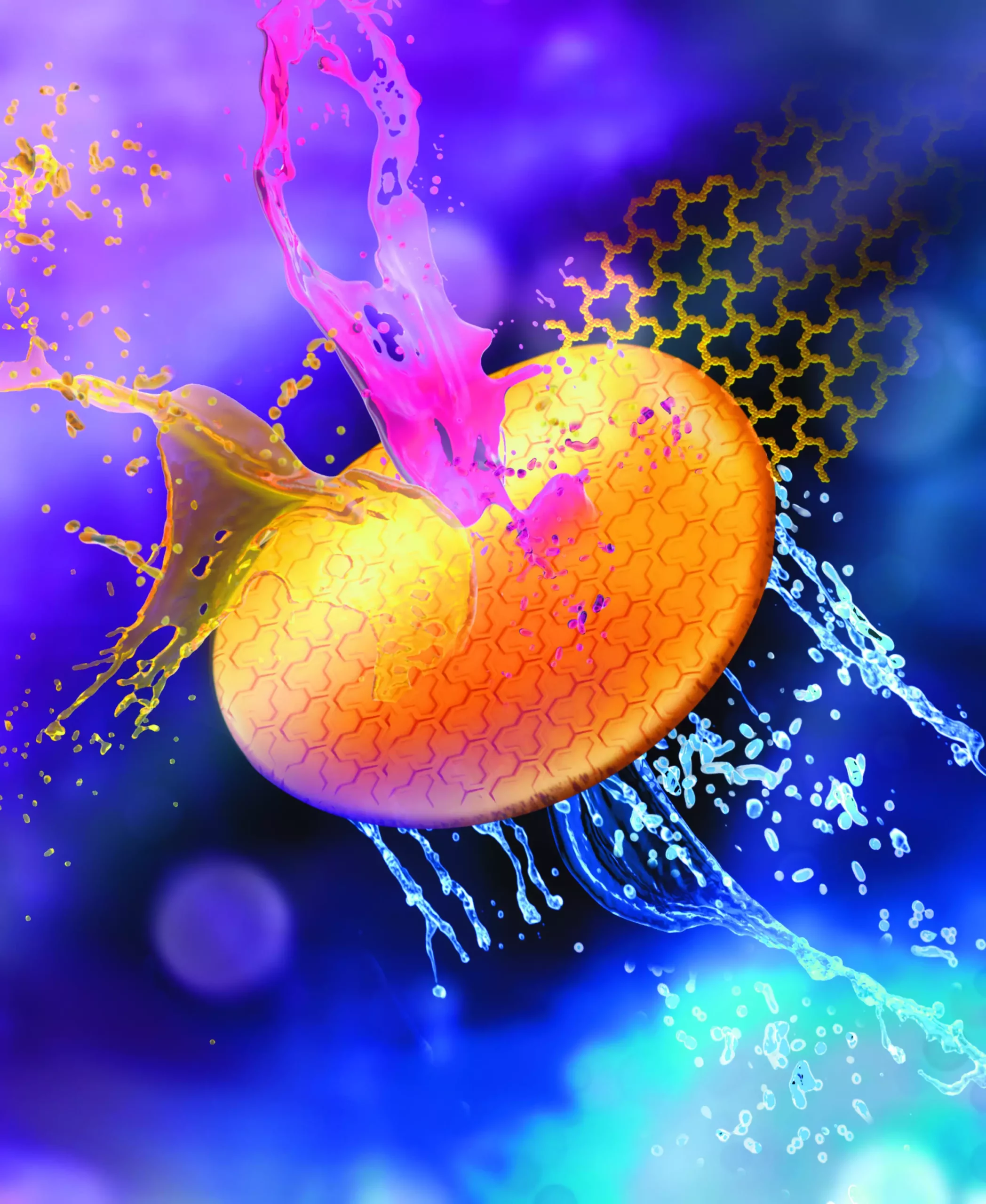In a groundbreaking stride toward addressing global water scarcity, researchers at NYU Abu Dhabi have pioneered an advanced method for synthesizing covalent organic framework (COF) membranes using microwave technology. This novel approach, which allows for rapid production and customization of membranes, holds substantial promise for enhancing wastewater treatment processes. Given the increasing urgency for effective water purification solutions, particularly in regions facing acute water shortages, this research is timely and vital.
One of the standout features of the newly developed technique is its efficiency. Traditional methods of membrane synthesis can be time-consuming and complex, necessitating multiple steps and extensive processing times. In contrast, the microwave-mediated synthesis developed by this research team achieves significant reductions in time, often completing the process in mere minutes. This rapid production capability not only streamlines the manufacturing process but also makes it feasible to tailor membranes according to specific contamination needs, thereby optimizing outcomes for various applications.
Distinctive Membrane Features
The dual-faced membranes created by the researchers exhibit a unique configuration with superhydrophilic and near-hydrophobic surfaces. This innovative design enhances the membranes’ ability to effectively filter water contaminated with diverse substances, including oils and dyes. Such a dual functionality is particularly advantageous, as it enhances the membranes’ filtration efficiency while also imparting robust antibacterial properties. This feature is crucial, as it ensures long-term performance and minimizes the risk of biofouling, a common concern in conventional filtration technologies.
Research Implications and Applications
Published in a leading scientific journal, the study titled “Tunable Wettability of a Dual-Faced COF Membrane for Enhanced Water Filtration” showcases the potential of these membranes to significantly improve water purification strategies. Researchers Farah Benyettou and Asmaa Jrad, under the expert guidance of Professor Ali Trabolsi, have established a method that allows for precise control over membrane characteristics. Adjusting the reaction time during synthesis enables customization of properties such as thickness and wettability. This versatility positions the COF membranes as a highly adaptive solution capable of addressing a wide array of water pollutants.
When compared to traditional polymeric membranes, the COF membranes demonstrate remarkable advantages in terms of water flux and resistance to organic fouling. The unique multilayered structure of the membranes contributes to these superior performance metrics, enabling more effective filtration and ensuring cleaner output water. This performance leap is essential in enhancing the longevity and efficacy of membrane-based systems, making them more reliable in diverse environmental conditions.
The innovative work by the NYU Abu Dhabi research team signifies a substantial advancement in membrane technology, with far-reaching implications for water purification worldwide. By simplifying the synthesis process and improving separation capabilities, this research not only contributes to scientific knowledge but also provides practical solutions to critical water-related challenges. As water scarcity continues to be a pressing global issue, the development of such efficient purification technologies is crucial for building a sustainable future.


Leave a Reply